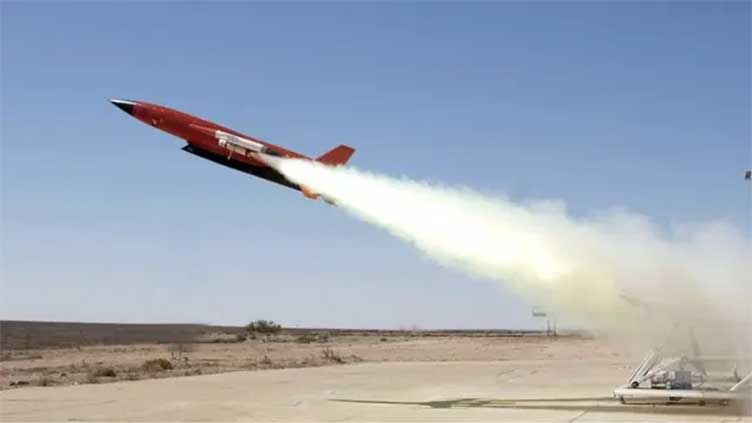US Navy partners with Shield AI to enhance autonomy in Naval aviation

Technology
A technical demonstration is planned for late 2025
(Web Desk) - The US Navy has partnered with a San Diego-based AI company to enhance autonomy in Naval aviation.
The Navy’s Strike Planning and Execution program (PMA-281) and Aerial Targets program (PMA-208) recently collaborated with Shield AI to integrate autonomy and artificial intelligence software into the BQM-177A sub-sonic aerial target, marking a significant milestone in furthering autonomous systems for real-world applications in naval aviation.
Under the agreement Shield AI will integrate its Hivemind AI pilot software and deliver a robust prototype test bed using the BQM-177, according to Navy.
Capt Jerick Black, PMA-281 program manager, said that this collaborative effort between PMA-281, PMA-208, and Shield AI not only expands and improves the existing spectrum of validation but also offers a scalable solution that benefits the entire naval aviation community.
“By laying the groundwork for future advancements, this initiative ensures that the Navy remains at the forefront of technological innovation and operational excellence in naval aviation,” added Black.
The Navy competitively awarded this effort to Shield AI, an industry leader in autonomous command and control of aviation platforms, under an Other Transaction Authority (OTA) agreement facilitated by the Naval Aviation Systems Consortium (NASC), said Navy in a press release.
Johann Soto, PMA-281 software modernization team lead, stated that this configuration of the aerial target facilitates rapid iteration by continuously refining and updating AI algorithms through real-world feedback, ensuring that the systems are robust, reliable, and ready for operational deployment.
This test approach creates a seamless connection between simulation-based testing and live testing, allowing for a comprehensive and continuous feedback loop that enhances the effectiveness of the AI systems being developed, according to the Navy.
A technical demonstration is planned for late 2025. “By leveraging the BQM-177A’s lower unit cost and cost per flight hour, this initiative provides a flexible and cost-effective testing environment that drives innovation at an accelerated pace,” said Greg Crewse, PMA-208 program manager.
The BQM-177A replicates modern subsonic anti-ship cruise missile threats in support of fleet training for both developmental and operational tests. It can support a variety of mission requirement by carrying a wide array of internal and external payloads, according to the Navy.
The BQM-177 can be launched from air, land, surface, and subsurface to test the effectiveness of shipboard air defense systems and is used for fleet training.


